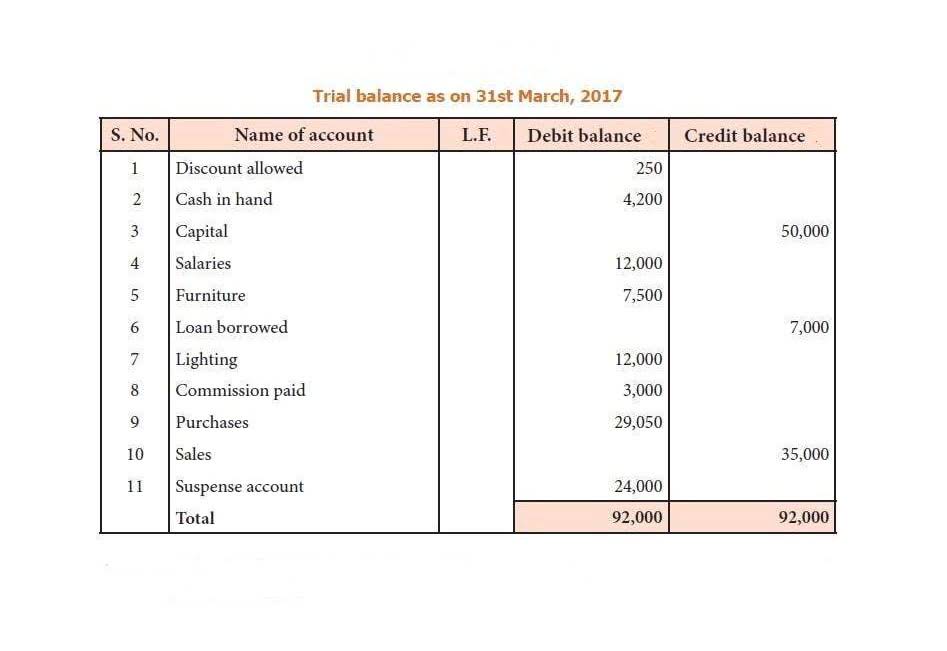Bookkeeper Job Description: What Is Bookkeeping?

To become an accountant, you typically need a bachelor’s degree in accounting or a related field. In some cases, bookkeepers who meet the education and experience requirements set by employers may get hired for junior accounting positions and advance while working on the job, according to BLS. Payroll management can fall under the umbrella of human resources, get outsourced to a third party or be managed by a company’s finance department. Small Restaurant Cash Flow Management businesses may keep payroll duties in-house and assign them to a bookkeeper for budget reasons. In this scenario, you could expect to calculate employee salaries, deduct taxes and withholdings and ensure employees get paid on time.
Accounts receivable

Taking courses in bookkeeping, payroll and online accounting systems can prepare you for a bookkeeping role. Using ledger data, bookkeepers compile weekly, monthly, quarterly, and annual statements to provide insights into profit, expenses, and cash flow. Bookkeeping is the system of recording, organizing, and tracking financial transactions and information for a business or organization. QuickBooks Live is often the first online bookkeeping service business owners look to when they don’t have the time or resources to hire someone in-house to manage their books. Despite its popularity, QuickBooks Live isn’t a one-size-fits-all solution. If you’re ready to take bookkeeping off your plate and delegate this task to someone else, it can be hard to know where to look.
- This helps in accurately tracking income and expenses, and aids in understanding the financial health of the business.
- Tight deadlines, regular financial reporting, and reconciling discrepancies can be demanding at times.
- Bookkeepers can work independently or as part of a team, depending on whether you opt to hire a bookkeeping service, one freelance bookkeeper, or hire a bookkeeper in-house.
- Yes, AI can perform many bookkeeping tasks such as categorizing transactions, extracting data from invoices and receipts, and reconciling bank statements.
- We recommend taking the time to find a bookkeeper you can trust a great deal.
Get Weekly Financial Automation Tips Straight to Your Inbox
While both bookkeepers and accountants play crucial roles in managing a business’s financial records, payroll their responsibilities and level of expertise often differ. As mentioned earlier, bookkeepers are primarily responsible for maintaining accurate financial records and preparing financial statements. In contrast, accountants typically analyze the financial data, provide strategic financial advice, and ensure compliance with tax laws and regulations. Accountants may also hold professional certifications, such as a Certified Public Accountant (CPA) license, which require advanced education and training. Bookkeepers play an integral role in maintaining a business’s financial integrity. Their meticulous attention to detail, exceptional organizational skills, and comprehensive financial knowledge are crucial for accurate financial management.

Start Your Own Bookkeeping Business
More commonly, entrepreneurs use comprehensive accounting software like QuickBooks that can handle a larger volume of transactions and provide a what does a bookkeeper do deeper analysis. QuickBooks Live Expert Assisted can help you streamline your workflow, generate reports, and answer questions related to your business along the way. An accounting ledger is a book or system you use for recording and classifying financial transactions. While any competent employee can handle bookkeeping, accounting is typically handled by a licensed professional.


Bookkeepers handle day-to-day financial record-keeping, while accountants analyze financial data, prepare tax returns, and provide strategic financial advice. Bookkeepers manage financial records, track transactions, prepare reports, and resolve discrepancies to support business operations. Their expertise in accounting and attention to detail help businesses make informed decisions and maintain financial consistency.



